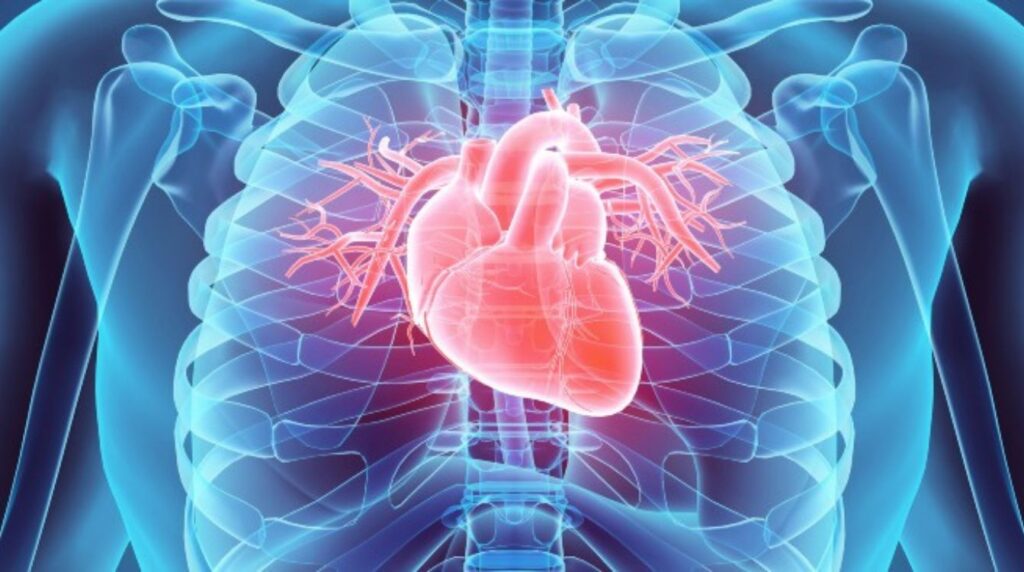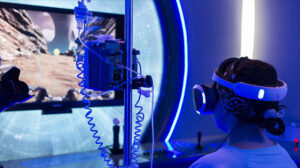Myocardial Infarction Prevention: How Artificial Intelligence is driving ot foward

Advances in healthcare technology have led to the implementation of innovative solutions for heart disease prevention, and artificial intelligence (AI) has emerged as a crucial tool in this field. In particular, myocardial infarction prevention has undergone a significant change thanks to the predictive and analytical capabilities of AI.
Artificial Intelligence has become invaluable in the early identification of risk factors for heart disease. Machine learning algorithms analyze large data sets, including medical histories, lifestyle habits and test results, to identify patterns that could indicate an elevated risk of myocardial infarction. This predictive capability enables healthcare professionals to intervene proactively, offering personalized prevention strategies. In addition, continuous monitoring using wearable devices and connected sensors has improved with the development of technologies. These devices can collect real-time data on cardiac activity, blood pressure and other relevant parameters. Algorithms analyze this data instantaneously, alerting users and healthcare professionals to potential abnormalities and providing recommendations to modify behaviors or adjust treatments.
AI has also revolutionized the interpretation of medical images, such as echocardiograms and MRI scans. Advanced algorithms can detect subtle irregularities that might go undetected in traditional analysis. This capability improves diagnostic accuracy and enables earlier and more effective treatment. Another crucial aspect is the personalization of treatment plans. AI uses individual data to tailor prevention strategies, taking into account genetic factors, lifestyle and personal response to specific interventions. This optimizes the effectiveness of preventive measures and reduces the risk of myocardial infarction.
Many applications have been developed in collaboration to detect and prevent myocardial infarction, such as Kardia Mobile (AliveCor), a Spanish app that uses a cardiac monitoring device that connects to the cell phone to perform electrocardiograms in real time. Another example is the HeartFlow application, which uses 3D model images and analyzes them computationally to evaluate blood flow in the coronary arteries from medical images, helping to detect stenosis and possible obstructions.
Although Artificial Intelligence has been shown to be a powerful tool in the prevention of myocardial infarction, it is important to emphasize the continued collaboration between technology and traditional medical care. Human interpretation and ethical decision making remain essential for a comprehensive approach to cardiovascular health. In conclusion, artificial intelligence has radically transformed myocardial infarction prevention by providing more accurate diagnostic tools, early alerts, and personalized treatment strategies. As technology advances, the collaboration between artificial intelligence and healthcare professionals promises a healthier and more resilient future against heart disease.




